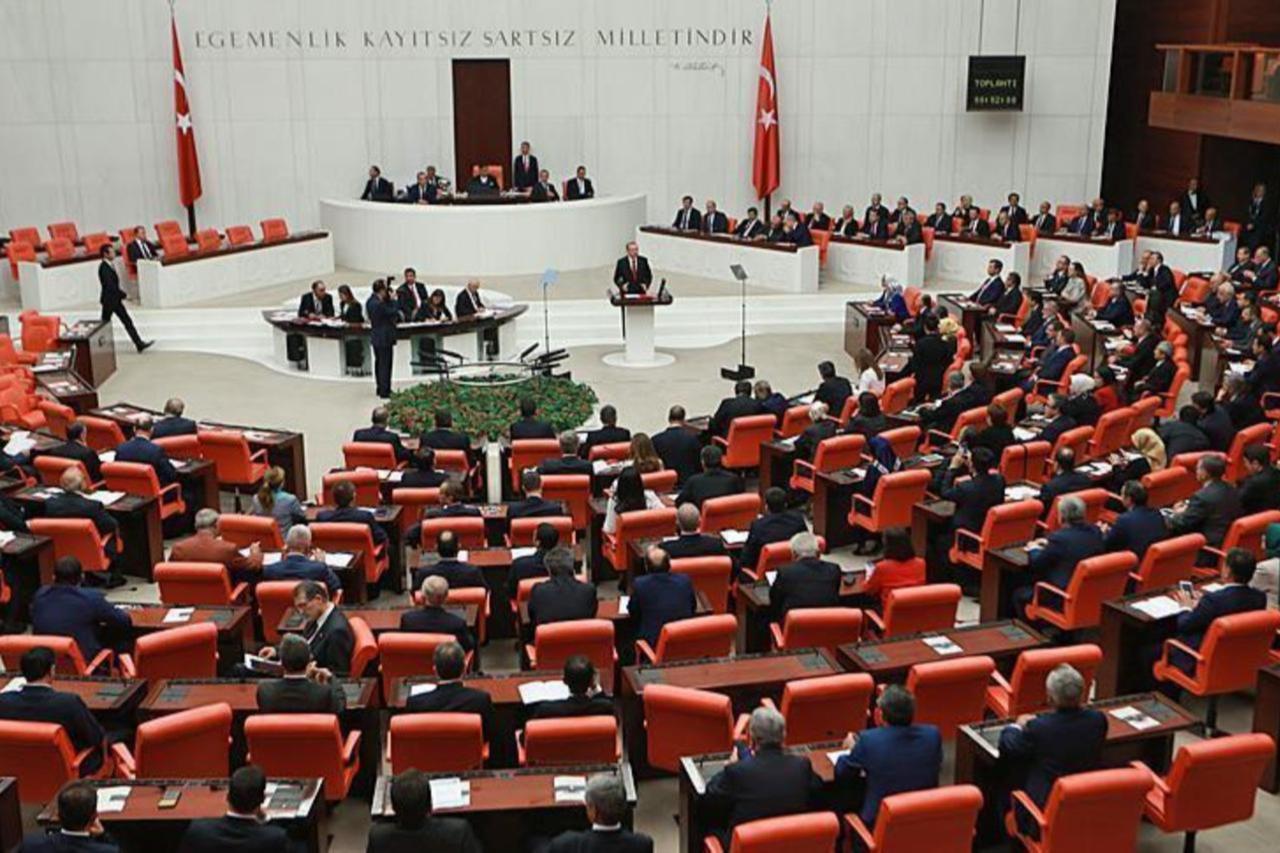
The Turkish parliament has approved the creation of a cross-party research commission to examine the growing number of children involved in crime.
Lawmakers established the commission during Tuesday’s General Assembly session, following weeks of public concern after the killing of 15-year-old Mattia Ahmet Minguzzi by two minors.
The commission will operate for three months. It will include 22 members and will conduct hearings, collect data, and carry out field visits.
Lawmakers say the aim is to examine why children engage in crime and to develop practical steps that strengthen prevention, protection, and social support.
The issue has gained national attention after recent high-profile cases and new data showing a steep rise in child involvement in crime.
Lawmakers from multiple parties pointed to the same trend: social and economic pressure is pushing children into vulnerable situations.
Yeni Yol Party MP Elif Esen warned that Türkiye faces a severe structural problem. She cited TUİK’s 2024 data that recorded 202,785 children processed for involvement in crime.
Esen said this number equals the population of more than 200 mid-sized schools and called it “a frightening picture.” She urged parliament to treat the issue as a national priority rather than a political debate.
CHP Group Deputy Chair Murat Emir also pointed to long-term trends. He said the rate of children driven to crime increased 2.5 times in the past 15 years. Emir stressed that poverty, low education levels, and a worsening climate of violence create the conditions that pull children into criminal activity.
He said 612,000 children were taken to security units in 2024, and 202,000 of them were processed as “children driven to crime.” Emir described these numbers as a major warning sign.
Other lawmakers focused on patterns behind the statistics. İYİ Party MP Selcan Tasci pointed out that many minors who commit crimes were previously victims themselves.
She highlighted that 279,620 children were recorded as victims of crime in 2024 and said the lack of early support increases long-term risk.
MPs from all parties argued that the roots of the problem lie deeper than individual cases. MHP MP Musa Kucuk said the state has a constitutional responsibility to protect children.
He noted that millions of children face unequal access to education, addiction risks, and online bullying. He said a society that fails to protect children “cannot protect its future.”
AK Party MP Tuba Koksal stressed the impact of the digital environment. She pointed to online platforms that encourage harmful behaviour or normalise violence.
Koksal said the commission will look at policies that improve family support systems, strengthen school engagement, and expand social services.
DEM Party MP Beritan Gunes Altın called the commission a valuable step but warned that punitive approaches do not address the issue. She said children should not lose their childhood due to criminal networks or exclusion and that new measures must prioritise rights-based protections.
According to the parliamentary decisions and statements, the three-month commission will focus on several key areas:
What the commission will examine
How the commission will work
The commission may also work outside Ankara and can request an extension of up to one month if needed. Its final report is expected to shape future legal proposals, including parts of the 11th Judicial Package.
A previous commission formed one year ago did not produce a published report, and opposition lawmakers urged the new body to avoid a repeat of that outcome.
Despite sharp differences on many issues, all political parties supported the proposal to form the commission.
Lawmakers described this as a rare moment of unity driven by widespread concern about children’s safety and long-term social stability.
The commission now faces the task of diagnosing the structural causes behind rising juvenile crime and finding solutions that match the scale of the problem. Lawmakers across the political spectrum agree that Türkiye cannot afford further delay and that this work will shape both social policy and future legislation.